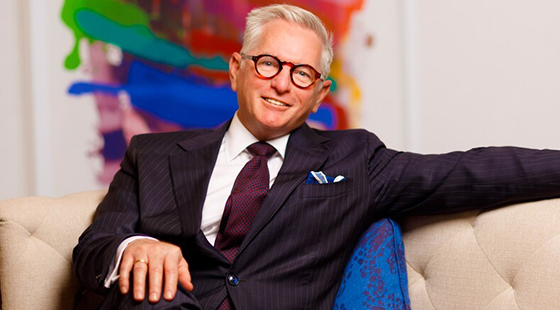85% of hospitality professionals experience poor mental health, study finds
Over four in five (85%) hospitality professionals have reported symptoms of poor mental health over the past year, a study has revealed.
The report from workforce management solutions company Planday, entitled the Biggest Shift: How to improve retention hospitality, surveyed over 2,000 staff based in the hospitality (1,603), retail (203), and care (202) sectors in January this year.
In line with the demographic of the hospitality industry as a whole, more than half of the survey respondents were Gen Z (born 1997-2012).
Hospitality workers said the symptoms of poor mental health, such as disturbed sleep (47%), anxiety (44%) and depression (31%), became more pronounced with irregular shift patterns (52%) or uncertain work shifts (54%).
The report raised concerns that only a quarter of workers have access to mental health services through their job.
It also warned the industry staff shortage is set to continue, as over half (53%) of hospitality staff admitted they were planning to leave their current job in the immediate future.
Nearly 70% (68%) of hospitality employees said they had considered switching to another industry due to unpredictable shift patterns.
The turnover rate was higher among Gen Z staff, with some 57% stating they are seeking to leave their job, compared to 44% of Gen X staff.
Almost a third (29%) of hospitality professionals stressed the importance of better work/life balance, while a quarter (24%) said they wanted better managerial support on progression and clearer communication on allocated shifts.
Over a third (36%) of staff expressed the need for better access to mental health support, while another third (33%) revealed weekend days off would improve their wellbeing.
Kris Hall, founder of the Burnt Chef Project, said: “This research shines a spotlight on the mental health crisis impacting the hospitality industry, which is being compounded by a lack of work/life balance, long hours and poor communication.
“At the same time, hospitality bosses are dealing with an acute skills shortage – caused by high turnover of staff. This is leaving managers with little time to develop new skills around culture, performance, retention, career progression and advanced rota management to support their teams.”
He added: “We don’t believe in a blame culture for hospitality, but this report does raise some questions about what we need to do as an industry to create a healthier working environment.”
Dave Lee, chief executive of Planday, said: “By improving mental health support, creating progression plans for workers, and using technology to better plan ahead, managers can take significant steps to creating a better working environment, and create a more resilient business for the future."



















